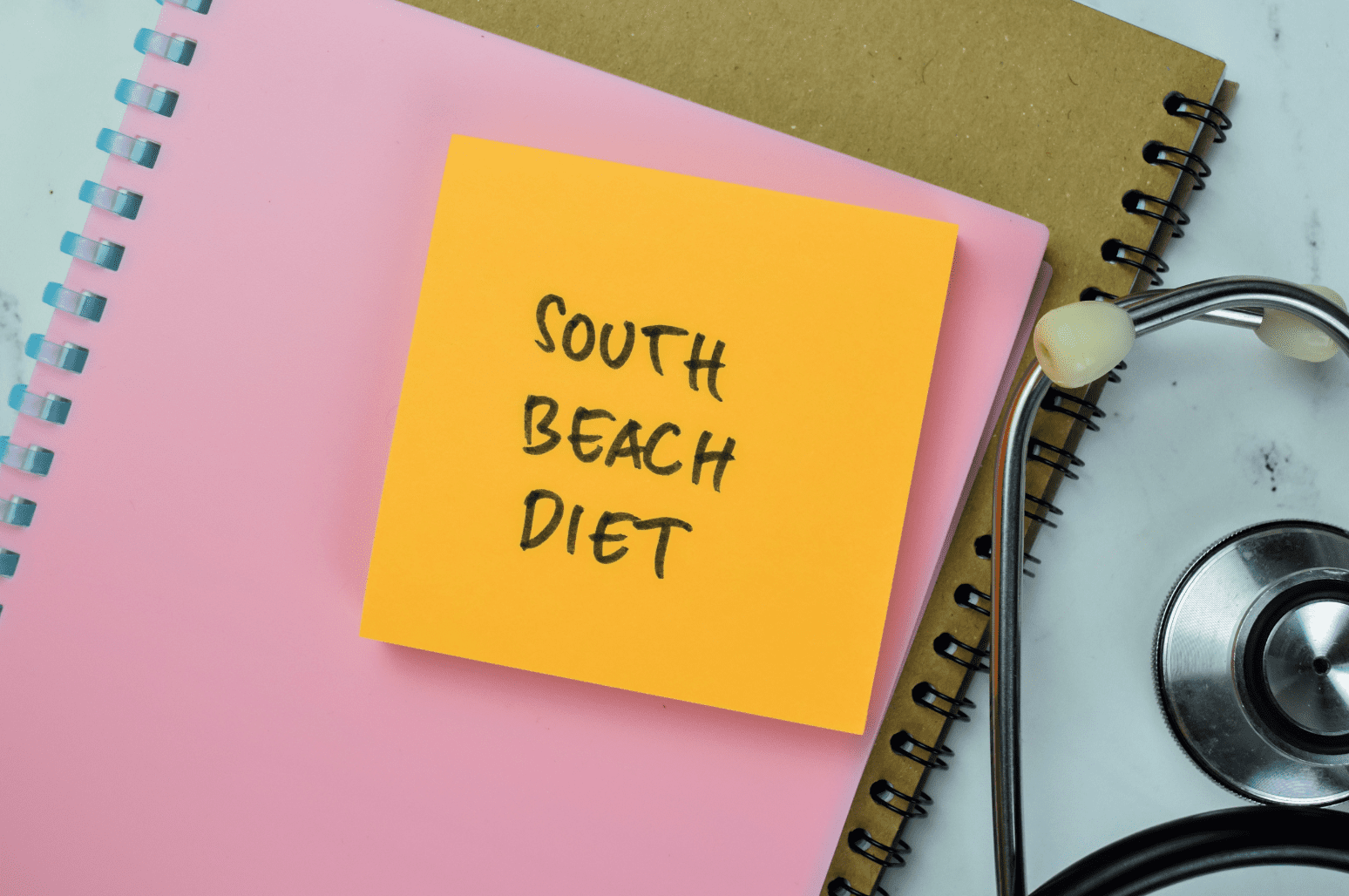
Many people who are thinking about making the switch to a keto diet are interested in getting toned and building muscle as well as simply losing fat. Building muscle can also assist you in slimming down if you’re adhering to keto to lose weight. However, because of the stereotype of carb-loading athletes, many people are skeptical of whether you can truly build muscle on the keto diet. Do you need carbs to build muscle?
Learn more about how to effectively build muscle on a low-carb intake in this quick guide!
The Role of Carbs in Muscle Building
If you’re trying to build muscle at the gym, most health experts would recommend that you up your protein intake. [1] Probably the second most common suggestion is that you increase your carb consumption. This is because carbs are the easiest source of energy when you’re hitting the gym hard.
However, the reasons for upping your carb intake go beyond simple energy (which you can get through other healthy food sources on the keto diet).
Carbs serve to replenish your glycogen levels, an important component in your muscles and a key indicator in your performance levels when doing resistance or strength training. [2] Without a steady reserve of glycogen, you might start to feel fatigued faster and your workouts might not be as intense as they are when you’re carb loading.
Because your workout can be more intense with carbs, you’re likely to gain muscle faster. The truth is that carbohydrates do help with muscle building, but they aren’t the only way to facilitate stronger muscles.
Building Muscle Without Carbs

Keto enthusiasts don’t have to despair though. It’s possible to build substantial muscle without carbs. Research studies have compared groups of people on a low-carb diet with those who consumed their normal food groups and the results may surprise you.
One such study at the University of Connecticut found that a low-carb diet resulted in reduced fat mass and an increase in lean body mass. [3] The study spanned six weeks, giving researchers plenty of time to assess the real-world implications of cutting carbs on muscle building.
The result was that those who adhered to the keto-friendly diet gained twice as much muscle mass as their counterparts.
Trying to cut out carbs while building muscle is only possible if you simultaneously increase your protein intake. Protein is the real all-star when it comes to building muscle, acting to repair the muscle in the aftermath of your workout. A strenuous workout causes muscle fibers to tear, and post-workout protein can undo some of the damage while building up the muscle.
At first, the transition to a keto diet may have you struggling to complete your workouts as you ordinarily would. In the early days of switching from a diet based on carbs to one that is centered on fat and protein, you may notice that energy lags at the gym. Keep in mind that this is often just temporary until your body adjusts to this new way of eating and becomes fat-adapted.
How to Increase Muscle Mass on Keto
If you’re committed to the keto diet and want to build your strength and muscle mass, there are a few things you can do to maximize your efforts. The first is to pay careful attention to your overall calorie intake. When attempting to lose weight, you want to burn more calories than you consume. Building muscle is the opposite: you want to eat more calories than you burn.
A good rule of thumb is to increase your calorie intake by roughly 10 to 15 percent above your maintenance calorie levels if you want to build muscle.
You’ll also want to consider how much protein you’re eating. Too much protein can kick you out of ketosis, though this is uncommon. Too little protein, on the other hand, makes it hard for your body to adapt and repair the muscle tissue after a strenuous workout. Be sure to balance your protein intake with a healthy source of the carbs you do consume to achieve a balanced keto diet.
Protein typically accounts for up to 20 percent of your diet (though a keto diet can and should consist of closer to 30 percent protein), while carbs should comprise no more than 10 percent, according to the Harvard School of Public Health. [4]
Don’t forget to make sure you’re eating plenty of good fats as well. Your body will switch to using fat for energy when you achieve ketosis, making it easier for you to get your workout done with energy to spare. Fat should take up the bulk of your calories for the day, weighing in at around 70 percent of your total intake.
Do You Need Carbs to Build Muscle?
The verdict is in: you don’t necessarily need more carbs to build new muscle. Protein can be just as powerful a tool to increase muscle mass, while fat can be converted to energy to fuel your body during an intense workout. Make sure to monitor your macros closely to keep them in the ideal ranges for your body to remain in ketosis and up your calorie intake if your goal is to build muscle. With these tips in mind, you’ll be building muscle in no time!
References
American College of Sports Medicine. (n.d.). Protein intake for optimal muscle maintenance. Retrieved October 31, 2022, from https://www.acsm.org/docs/default-source/files-for-resource-library/protein-intake-for-optimal-muscle-maintenance
Ivy J. L. (2004). Regulation of muscle glycogen repletion, muscle protein synthesis and repair following exercise. Journal of sports science & medicine, 3(3), 131–138.
Volek, J. S., Sharman, M. J., Love, D. M., Avery, N. G., Gómez, A. L., Scheett, T. P., & Kraemer, W. J. (2002). Body composition and hormonal responses to a carbohydrate-restricted diet. Metabolism: clinical and experimental, 51(7), 864–870. https://doi.org/10.1053/meta.2002.32037
Diet Review: Ketogenic Diet for weight loss. Harvard T.H. Chan School of Public Health. (2019, May 22). Retrieved October 31, 2022, from https://www.hsph.harvard.edu/nutritionsource/healthy-weight/diet-reviews/ketogenic-diet/









